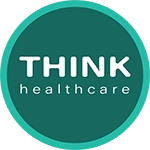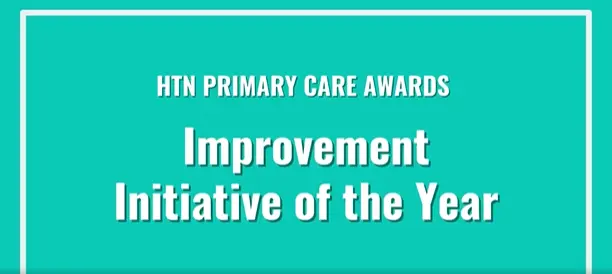We’re delighted to announce that Think Healthcare has been awarded the Improvement Initiative of the Year at the HTN (Health Tech News) Primary Care Awards. Our Virtual Care Navigator solution has been recognised for its positive impact on primary care, and we couldn’t be prouder. The award is more than just a glorious, giant letter H. It highlights the journey we’ve been on to harness data and make life easier for both patients and NHS staff. Primary care can get overwhelming in a blink of an eye, and managing the high volume of phone calls is a common challenge. So, we set out to dig into why people were calling in the first place.
Introducing the Virtual Care Navigator
By analysing phone system data, we identified the most frequent reasons behind patient calls. With these insights, we developed the Virtual Care Navigator – a smart, easy-to-use tool that helps patients find the information they need without long wait times. Our tool is the only appointment booking system specifically built for the NHS. By automating over 70% of routine phone tasks, it significantly reduces queue times, freeing up staff to focus on more complex patient issues. The system also offers 24/7 access to key services, giving patients the freedom to book, verify, or cancel appointments, request repeat prescriptions, all through their phone. This continuous availability supports patients in taking charge of their healthcare at any time, fostering a more flexible, patient-centred approach.
Jaw-Dropping Results
With a mountain of data at our fingertips we analysed the pre- and post-VCN numbers and, put simply, we were blown away by the results. Since launching the VCN, practices have seen an impressive reduction in call volumes – over a third fewer calls to be exact, giving receptionists more time to support patients who need more personal assistance. Reducing the volume of routine calls not only improves operational efficiency but also enhances patient satisfaction. By minimising bottlenecks, staff can better utilise their precious time in a hectic ever- changing work environment. Meanwhile, patients benefit from streamlined processes, faster service, and the ability to resolve basic needs independently. This balance between automated efficiency and personalised care ultimately leads to a more positive healthcare experience for all.

